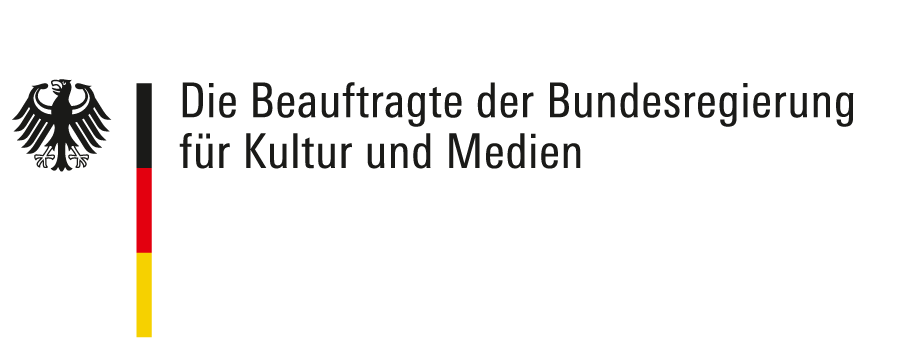-Candy-Welz.jpg/jcr:content/Ivan%20Ivanji%20(c)%20Candy%20Welz.jpg)
©Candy Welz, Kunstfest Weimar 2023
25 August 2023 at 8 p.m. in the Weimarhalle
MDR Symphony Orchestra | Martijn Dendievel | Dominique Horwitz | Bodo Ramelow
Great Symphony: Hymn to Music - Faith in Life
with a welcome address by Ivan Ivanji, writer, contemporary witness and honorary citizen of Weimar
Alexander Weprik (1889 - 1958): Songs and Dances of the Ghetto Simon Laks (1901 - 1983): Poem for violin and orchestra Arthur Honegger (1892 - 1955): Symphony No 3 "Liturgique" H 186
Existential endangerment, persecution, the threat of death in an extermination camp were experienced by the composers Weprik and Laks as well as the poet Semprún. Alexander Weprik's mother fled from anti-Semitic pogroms to Leipzig in 1909; it was here that Weprik began his musical education, and it was here that his "Songs and Dances of the Ghetto" were premiered in 1929 by the Leipzig Symphony Orchestra, which had been under contract to MIRAG (Mitteldeutsche RundfunkAG) since 1924. But he made his home in Moscow; he did not bow to political constraints and experienced exclusion and the Gulag. Simon Laks, arrested in France in 1941, came to Auschwitz a year later, became a member, then leader of the men's orchestra in Birkenau. He reported on "Music in Auschwitz" as early as 1948, but it was not until 1998 that his book on "the meaning and value of music in a world of the deepest sanctity" was published in German.Laks' "Poème" (1954) makes it clear in its haunting sonority that not to know this music would be a loss.Honegger, who like Laks had studied in Paris and had been impressed by the latter's "Blues symphonique", reacted in his works several times to events of his time - in 1941 in the Second Symphony to the occupation of France, in 1946 with the "Symphonie liturgique" to the end of the war.
Experiencing music from such different starting points in one context may somewhat fulfil the "mission" of Jorge Semprún, a prisoner in Buchenwald in 1944/45: "to share our past, to unite our memory, our hitherto separate memories".
This year, the Memorial Buchenwald Speech will be given by the Prime Minister of the Free State of Thuringia and this year's patron of the Kunstfest Weimar, Bodo Ramelow. The Serbian writer, honorary citizen of Weimar and contemporary witness Ivan Ivanji will give the welcome address at the concert.
An event of the Kunstfest Weimar in cooperation with the Buchenwald Memorial.

